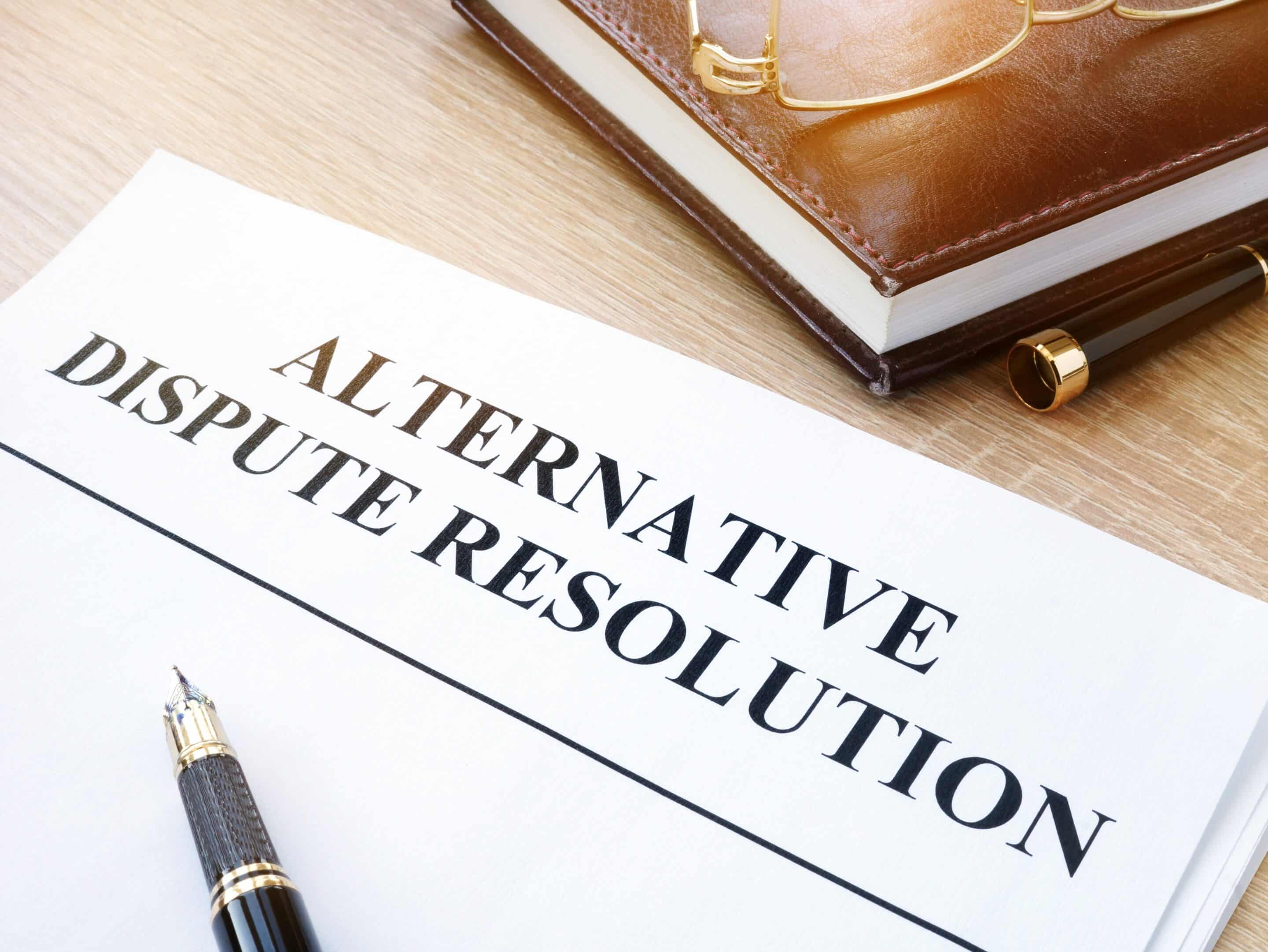
Alternative Dispute Resolution
Alternative Dispute Resolution (ADR) refers to a variety of processes used to resolve legal conflicts without going to court. Common methods include mediation, arbitration, and negotiation, each providing a pathway for parties to settle disputes efficiently and privately. ADR is particularly valuable in personal injury and accident cases, where it can save time, reduce legal costs, and provide a more flexible, less adversarial environment for reaching a settlement. At 770GoodLaw, we leverage ADR to help clients resolve disputes fairly and effectively, offering guidance on the most appropriate approach based on each client’s unique circumstances.
Purpose and Benefits of Alternative Dispute Resolution
The main purpose of ADR is to offer parties alternative methods to settle disputes without the need for a lengthy trial. ADR can provide several benefits, including:
- Cost-Effectiveness: ADR processes typically involve fewer legal expenses than formal court proceedings, making them a practical choice for many disputes.
- Time Savings: ADR often leads to quicker resolutions, as it avoids the lengthy schedules and procedural delays of a court trial.
- Confidentiality: Unlike public court cases, ADR sessions are private, allowing parties to discuss and resolve issues without public exposure.
- Flexibility: ADR offers a more informal setting, where parties have greater control over the outcome and can explore creative solutions.
Common Types of Alternative Dispute Resolution
Several forms of ADR exist, each with distinct approaches and uses depending on the nature of the dispute:
-
Mediation: In mediation, a neutral third party, known as a mediator, facilitates communication between parties to help them reach a mutually agreeable solution. The mediator does not make decisions but assists in finding common ground. Mediation is often used in personal injury and family law cases where parties need to maintain a relationship.
-
Arbitration: In arbitration, a neutral arbitrator hears both sides and renders a binding decision. Arbitration is less formal than a trial but still follows a structured process. It’s commonly used in cases where parties agree to abide by the arbitrator’s decision as a final resolution.
-
Negotiation: Negotiation is an informal process where parties communicate directly or through their attorneys to reach an agreement. This approach allows for open discussion and is often the first step in attempting to settle a dispute without formal proceedings.
-
Collaborative Law: In collaborative law, both parties and their attorneys commit to resolving the dispute outside of court. This process encourages cooperation, often involving specialists such as financial or medical experts to reach a fair resolution.
When to Consider Alternative Dispute Resolution
ADR may be a suitable option in various scenarios, including:
-
Personal Injury Claims: In personal injury cases, ADR can provide a faster route to settlement, allowing clients to recover compensation without the stress of a court trial.
-
Contract and Property Disputes: For disputes involving property or contract terms, ADR can offer a resolution that respects both parties’ interests without prolonged litigation.
-
Family Law Matters: Family-related disputes, such as custody or divorce settlements, often benefit from the cooperative atmosphere of ADR, especially when children or ongoing relationships are involved.
The Role of Legal Representation in ADR
While ADR can be less formal than a trial, having skilled legal representation is essential for ensuring a fair and effective process. An attorney’s role in ADR includes:
-
Evaluating the Suitability of ADR: Not all cases are ideal for ADR. An experienced attorney assesses whether ADR aligns with the client’s objectives and whether it is likely to yield a favorable outcome.
-
Preparing for ADR Sessions: Legal representation involves gathering evidence, formulating arguments, and preparing the client to present their side effectively in mediation or arbitration.
-
Negotiating on the Client’s Behalf: Attorneys negotiate terms and work to protect the client’s best interests, particularly in complex or high-stakes cases where significant financial or personal outcomes are at risk.
-
Ensuring Binding Agreements: In arbitration or negotiated settlements, attorneys ensure that agreements are legally binding, protecting clients from future disputes on the same issue.
How 770GoodLaw Assists Clients with Alternative Dispute Resolution
At 770GoodLaw, we provide comprehensive support for clients considering ADR, helping them navigate each phase and maximize the benefits of alternative dispute methods. Our approach includes:
-
Assessing ADR Suitability: We evaluate each case to determine if ADR is the best route for resolving the dispute and achieving our clients’ goals.
-
Preparing for Mediation or Arbitration: Our attorneys handle all preparation, including reviewing evidence, formulating strategies, and ensuring that clients are fully informed and ready for their ADR sessions.
-
Providing Strong Advocacy: We represent our clients’ interests throughout the ADR process, working diligently to secure fair and satisfactory outcomes.
-
Facilitating Smooth Settlement Processes: In cases where a settlement is reached, we oversee the final steps to ensure all terms are properly documented and enforceable.
The Advantages of ADR in Personal Injury and Accident Cases
For clients involved in personal injury or accident claims, ADR can be particularly advantageous. The flexibility of mediation or negotiation allows parties to reach customized settlements, addressing medical expenses, lost wages, and other damages without the need for court intervention. Additionally, ADR often preserves relationships and reduces the emotional strain associated with contentious litigation, making it a valuable tool for clients seeking an efficient and amicable resolution.
Why 770GoodLaw is the Right Choice for ADR
At 770GoodLaw, we bring our core values of Relentless Reliability and Sincetegrity to every ADR process. Our attorneys are committed to guiding clients through ADR with a focus on fair, favorable outcomes that align with their goals. Whether in mediation, arbitration, or negotiation, we work to protect clients’ rights, allowing them to resolve disputes efficiently and effectively.
